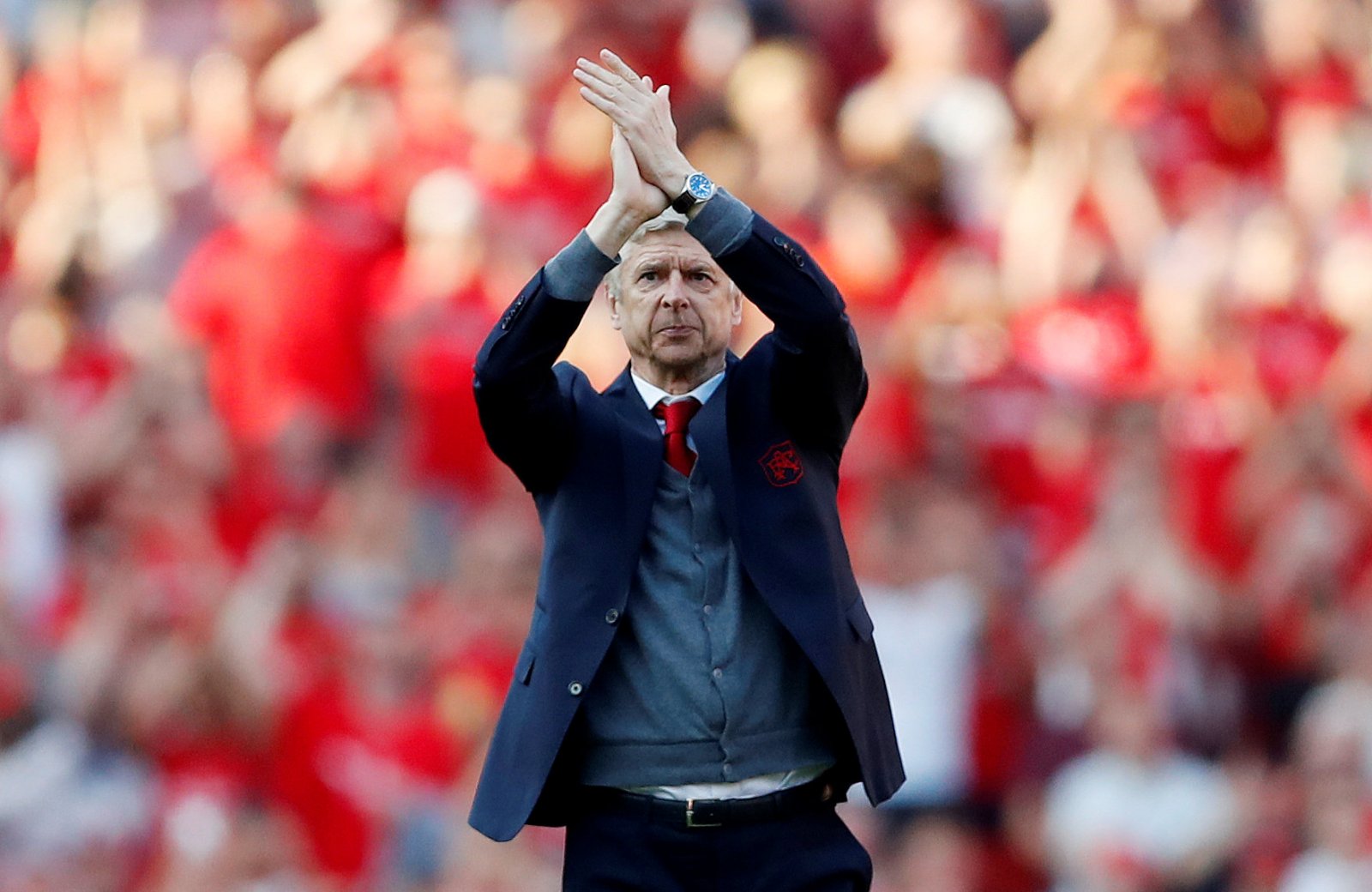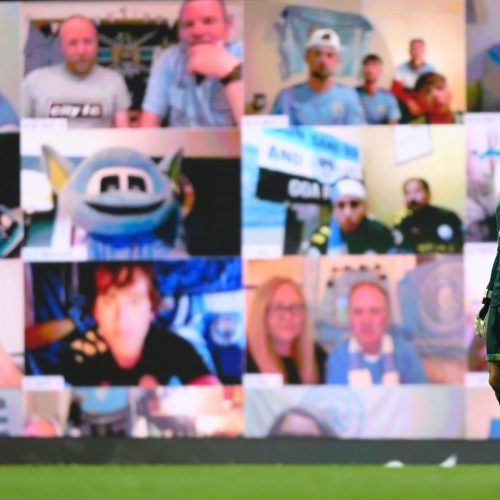Hot Topics: Should we worry about the future of sport in the digital age?
There is a theory, perhaps not an altogether serious one put forward by Irish Times and Second Captains journalist Ken Early, that we are currently witnessing the end of a golden generation of sportspeople.
With Tom Brady, Zlatan Ibrahimovic and Roger Federer all still close to the tops of their games, it’s clear that for some, peak years can now extend further than ever before.
The idea is that those older athletes and players of a certain age have benefitted from sports science, modern nutrition and conditioning advancements, but they also grew up in a pre-internet age when children weren’t seen with an iPhone permanently stuck in front of their faces. As a result, they have better technical ability, honed from practice during their own misspent youth, and they are also able to combine that with modern technology to get the most out of that skill. Younger athletes might have been more tempted to skip training in order to play video games or interact with friends on social media instead.
That may not be true, and may not even be verifiable. But it does touch on the question of how much technology is changing sport.
Beyond consumption and performance, is it also changing how children get involved with sport at a young age in the first place?
And even if that isn’t an issue at the top level of elite sport, should we who champion social media and digital content be more wary of that when we produce videos, articles and social campaigns?
Determination pays off
???? 3am kebab the night before the Final
???? Eating a bag of Minstrels during the Final
???? Casually potting balls with his eyes closed
???? New Snooker World Champion
???? Naked at his press conference
???? Celebrated with an all-nighter
???? The People’s Champion – @MarkWil147 ???? pic.twitter.com/qektdjP32x
— SPORF (@Sporf) May 8, 2018
This weekend we saw it once again with John Higgins and Mark Williams, who battled it out in an epic World Championship Snooker Final.
The determination of Mark Williams, who was close to quitting the sport altogether just a year ago, was matched only by Higgins’ inner strength when he clawed back level with his opponent from what looked like an impossible position.
They may have been older participants with a combined age of 85, but they both proved that lost causes can be worth chasing, and that it’s always worth a try when you’ve nothing much to lose.
Old rivals, Old friends
The combined age of Sir Alex Ferguson and Arsene Wenger is well above that of Higgins and Williams, but seeing the two of them embrace along with Jose Mourinho on thé Old Trafford pitch last weekend allowed most sports fans a touch of nostalgia for how the Premier League was a decade ago – before social media, Twitter reacts articles and world record transfer fees north of £200m.
To then see Arsene Wenger start his goodbye speech at the Emirates stadium by sending his best wishes to the recovering Ferguson, who was rushed to hospital the night before, was perhaps a reminder that the game has changed for good.
And if we are witnessing the end of a golden generation of sportspeople, sport may well be very different in a few years’ time.
About author
You might also like
Interview: Nielsen Sports’ Spencer Nolan Discusses Covid-19’s Impact on Sport Media Rights and the Commercial Sport Landscape
Digital Sport’s Rupert Pratt and Thomas Smith recently sat down with Nielsen Sports Managing Director for the UK & Ireland, Spencer Nolan, to discuss Covid-19’s impact on sport media rights
Snack Media acquire Facebook’s largest global sports publisher, GIVEMESPORT
Snack Media today announced that its acquisition of GIVEMESPORT will create one of the largest sports publishers in the UK, further strengthening its offering to advertisers, rights holders and independent media owners.
Rupert Svendsen-Cook talks Veloce and the future of brands in the eSports industry
By Shania Bedi eSports is an undoubtedly booming industry, so much so that the International Olympic Committee have considered including it at future Olympic Games. Most of us are aware








